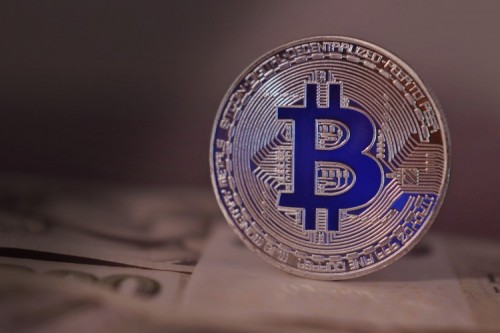- An increased number of Australians have reported crypto-asset (or cryptocurrency) scams to ASIC.
- Most crypto ‘investment opportunities’ reported to ASIC appear to be outright scams.
- Offenders are difficult to catch and money lost on bitcoin scams can be difficult to recover, especially when offenders operate outside of Australia and all contact has been online.

During COVID-19, ASIC has seen an increase in reports from consumers losing money in crypto-asset (or cryptocurrency) scams. Reports of misconduct received by ASIC from March to May 2020 are up 20% compared to the same period last year.
ASIC has also observed an increase in romance scams where people meet online and form a romantic connection. A scammer then directs someone to an investment opportunity in bitcoin or crypto assets, or forex trading.
Examples of how crypto scams can work
- Investors who have been scammed are typically called or emailed by scammers with an investment opportunity, or approached by their friend, family member, or online romantic partner who tell them how they have made money online and suggests that they try it too.
- Investors typically sign up to ‘crypto-asset trading’ online and deposit funds into a trading account, either via a crypto wallet or bank account.
- Scammers encourage consumers to deposit more funds into the account.
- When an investor logs into their account, it may look as though they are making profits initially (due to fake data), but eventually shows ‘trading losses’ even though no actual trading is taking place.
- When the consumer asks to withdraw their funds, bitcoin scammers either cease all contact, or demand further payment before funds can be released.
- Often scammers are also seeking to mine personal information from victims to engage in identity fraud.
For more information, visit ASIC’s Moneysmart how to spot an investment scam page.
What to do if you think you, or someone you know, has been scammed
- Stop sending money, even if it’s to ‘withdraw funds’ – if the entity asks this it’s likely you’re being scammed.
- Report it to your bank or financial institution and lodge a report of misconduct with ASIC.
ASIC is Australia’s corporate, markets and financial services regulator.
Podcast: Crypto-assets for first time investors
Published 25 June 2021
We discuss crypto-assets for first time investors with Hema Raman, Crypto-Asset Coordinator at ASIC. If you're thinking about investing in crypto-assets, hear from ASIC on what to think about and look out for before you invest.

